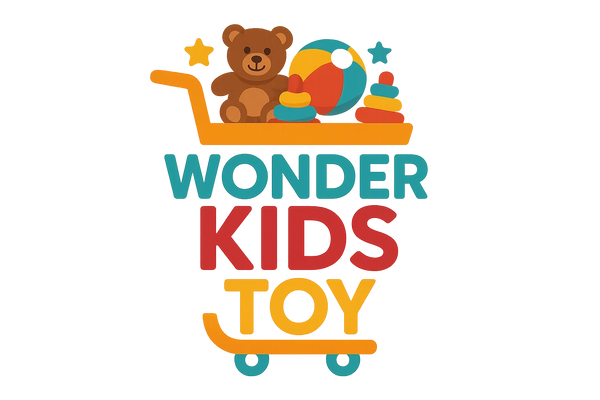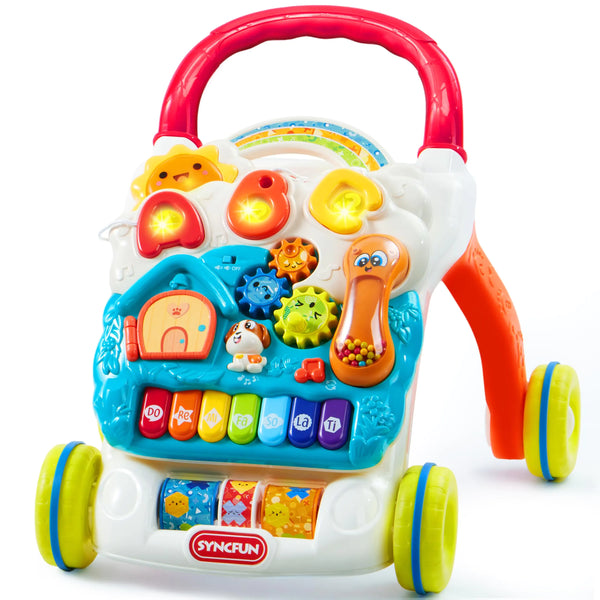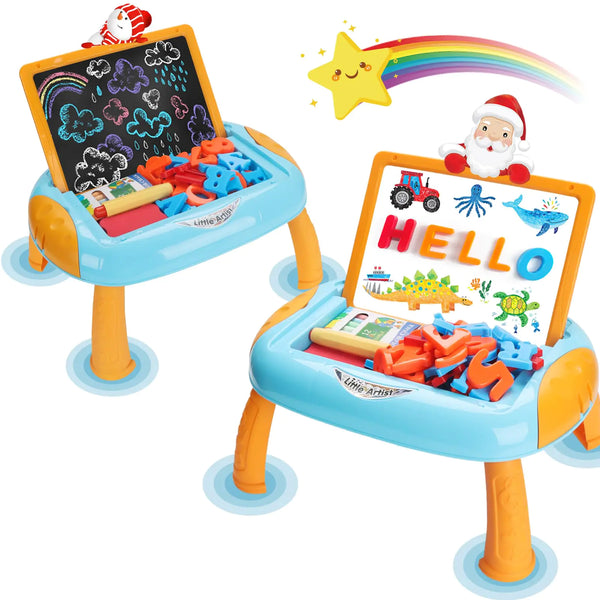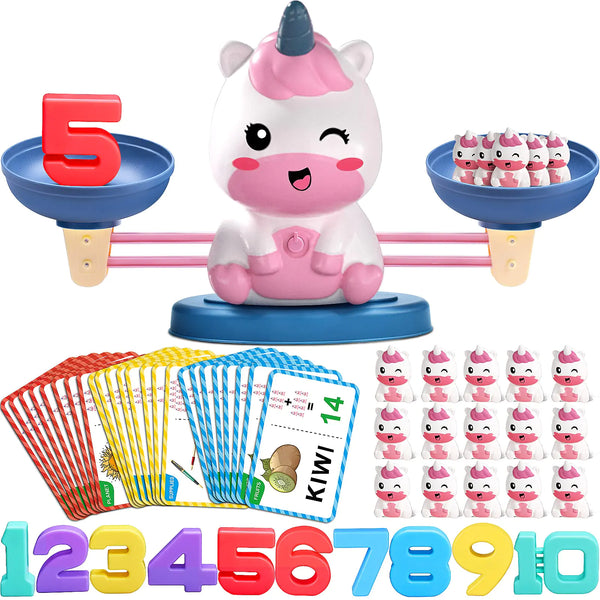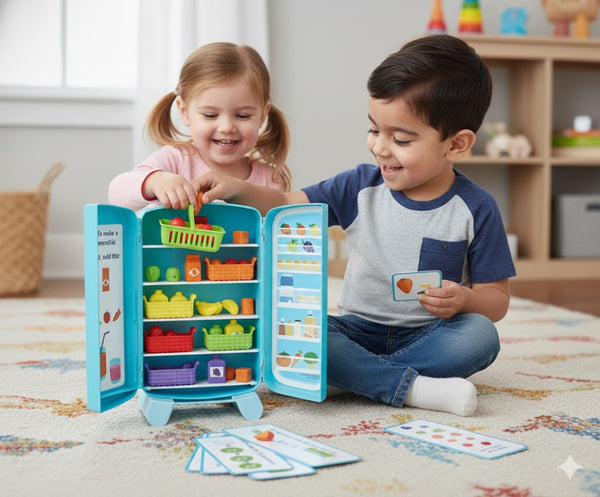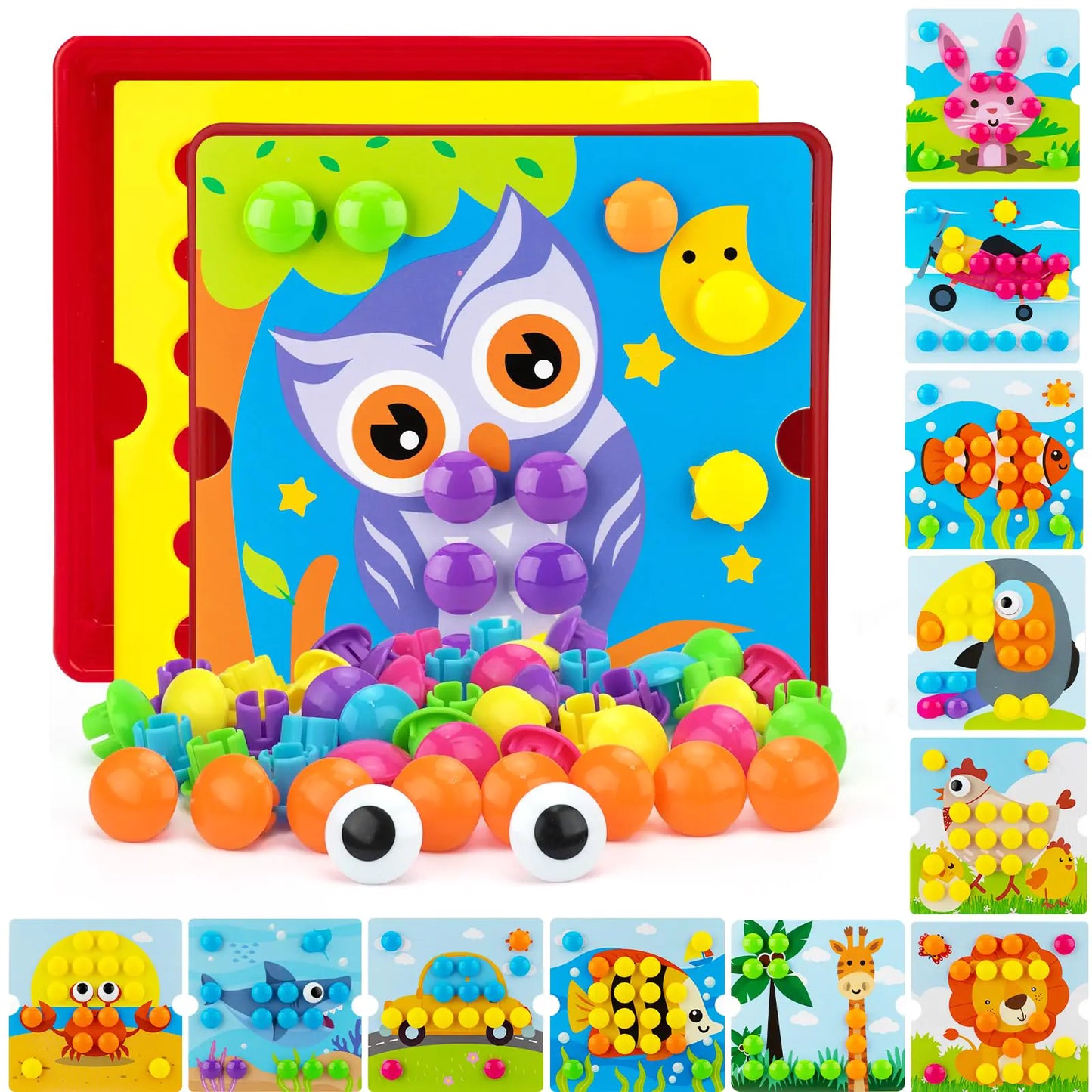Teaching kids about money is crucial for their future financial well-being. It equips them with the knowledge and skills to make informed decisions about spending, saving, and managing money responsibly. However, talking about finances with young children can be challenging. That's where the power of play comes in!
Learning through play is a fantastic way to introduce financial concepts to kids engagingly and enjoyably. Games provide a hands-on, interactive experience that allows children to grasp abstract ideas more easily. By incorporating money management into playtime, you can transform potentially complex lessons into exciting adventures.
The article 'Top 5 Financial Literacy Games for Kids That Make Learning Fun' offers a curated selection of games designed to teach kids about money in a way that sparks their interest. These games cover various financial topics, from recognizing coins and bills to understanding the concepts of saving, spending, and budgeting.
Through these games, children can learn valuable skills, such as how to make choices about spending, the importance of saving for future goals, and how to create a simple budget. They can also develop a positive relationship with money management from a young age.
By making financial literacy fun and accessible, you can empower your children to become financially responsible adults. So, why not turn learning about money into an exciting adventure with these engaging and educational games?
Key Takeaways
- Financial literacy is essential for children's future success.
- Games can make learning about finance fun and engaging.
- Each game focuses on different aspects of financial education.
- Interactive elements help reinforce financial concepts.
- These games are suitable for various age groups, ensuring age-appropriate learning.
1. Cash Puzzler
Cash Puzzler is a fun game for kids aged 3-6. It's a memory puzzle that teaches about money. Kids match puzzle pieces to learn about our currency and its presidents. It's not just about fun; it's about building a foundation of financial awareness from a young age.
Age Group: 3-6 years
Key Features:
Memory enhancement through puzzle solving
Introduction to currency and notable historical figures
Engaging visual and interactive elements
Cash Puzzler makes learning about money engaging and accessible for young minds, setting them on the path to financial literacy early in life.
2. Penny Pinchin' Mom
As a parent, I always seek ways to teach my kids about money. Penny Pinchin' Mom offers games perfect for kids starting to understand money.
The game Balance My Budget lets kids decide how to spend their allowance. It's a practical way to teach them about budgeting and saving. The game Money Trail starts with $500, teaching kids to make smart financial choices.
Here’s why I think this game is a hit:
It makes learning about money management fun and interactive.
Kids learn to make financial decisions in a safe environment.
It encourages discussions about money at a young age, setting them up for better financial habits in the future.
Remember, the goal is to make financial literacy as engaging as possible for our kids. Penny Pinchin' Mom does just that, making it a valuable tool for any parent looking to boost their child's financial knowledge.
3. Financial Literacy Games for Kids
Talking about money isn't always exciting for kids. But learning about finances can be as fun as playing games. Many games teach kids about money in a fun and educational way. These games make learning about finances a breeze and provide a great opportunity for family bonding.
Here are a few reasons why you should consider these games for your kids:
Interactive Learning: Kids learn best when they are actively involved. These games ensure that they are not just passive listeners but active participants.
Real-World Skills: These games teach essential money management skills that will benefit them throughout their lives, such as budgeting, saving, and investing.
Fun and Engaging: Who said learning can't be fun? These games are designed to be enjoyable, ensuring that your kids are entertained while they learn.
Family Time: Playing these games together can be an excellent way for the whole family to spend quality time together while discussing critical financial concepts in a relaxed environment.
Remember, the goal is to make financial literacy a regular part of household conversations. Starting young helps set the foundation for a financially secure future for your kids.
4. Financial Literacy Games for Elementary Students
Hey there! Ever wonder why learning about money is super important, especially for your little ones in elementary school? Well, it's like having a superpower.
Understanding how money works can set students up for success in the future. The best part? We have some fantastic games that make this learning process fun and easy.
Whether they're in the classroom or just hanging out at home, these games are designed to turn your kids into mini money masters. They cover everything from setting up a bank account to understanding budgets. It's never too early to start, and what better way to learn than through play? So, let's dive into these games and watch your kids play their way to financial literacy!
5. Financial Literacy Games to Make Learning Fun for Kids
As a parent, I'm always on the lookout for ways to make learning about money fun and impactful for my kids. Financial literacy games are a fantastic tool for helping children grasp the complex world of finance in a playful and engaging manner. These games not only entertain but also educate, making the daunting topic of money management approachable and enjoyable.
Here’s why I think these games are a must-try:
Interactive Learning: Kids love interactive play; these games make financial education hands-on.
Real-World Skills: They simulate real-life financial scenarios that kids can learn to navigate from an early age.
Family Bonding: Playing these games as a family can help foster discussions about money in a natural, stress-free environment.
Remember, integrating fun into learning can significantly enhance retention and understanding. Why not turn a potentially dry subject into an exciting adventure with these educational games? It’s a win-win for both knowledge and entertainment!
Looking for ways to make financial education engaging for your children? Dive into our '5 Financial Literacy Games to Make Learning Fun for Kids' and discover interactive games that entertain and teach valuable money management skills. Visit our website to learn more and start your child on the path to financial savvy!
Wrapping It Up!
That concludes our exciting exploration of financial literacy games! We've showcased some top-notch options that are both educational and incredibly fun for kids. Remember, introducing financial concepts early on can have a profound impact on a child's future relationship with money.
These games offer a unique opportunity to engage young minds and make learning about finances an enjoyable experience. Instead of dry lectures or complicated worksheets, children can grasp essential money management skills through interactive play. They'll learn about budgeting, saving, spending wisely, and even the importance of giving back.
By incorporating these games into your child's routine, you're not just providing entertainment; you're equipping them with valuable life skills. These games foster a positive understanding of money, helping children develop responsible habits that will benefit them throughout their lives.
Imagine your kids excitedly planning their pretend budgets, making smart spending choices in the game, and celebrating their savings milestones. These games transform financial literacy from a chore into a captivating adventure, sparking a genuine interest in money management.
So, gather your family, bring out the games, and let the learning begin! Watch as your children become confident and capable "mini money maestros," ready to navigate the world of finances with knowledge and enthusiasm.
Frequently Asked Questions
What is financial literacy?
Financial literacy refers to understanding and effectively using various financial skills, including personal financial management, budgeting, and investing.
Why is financial literacy necessary for kids?
Teaching kids financial literacy helps them develop good money management skills early, ensuring they are prepared to make informed financial decisions.
What age should kids start learning about financial literacy?
Kids can start learning basic financial concepts as early as preschool, with more complex ideas introduced as they grow older.
How do financial literacy games help kids learn?
Financial literacy games make learning about money fun. They help kids grasp complex money concepts through interactive scenarios.
Can financial literacy games be played at home?
Yes, many games are online or as board games. They're perfect for family game nights or solo play at home.
Are there financial literacy games suitable for classroom use?
Yes, there are games made just for classrooms. They help teachers teach financial education in their lessons.
What skills can kids develop from playing financial literacy games?
Kids learn many skills, such as strategic thinking and math. They also improve their decision-making and problem-solving while learning about money.
Where can I find financial literacy games for kids?
These games are fun and educational, and you can find them on educational websites, in app stores, or at educational toy stores.

